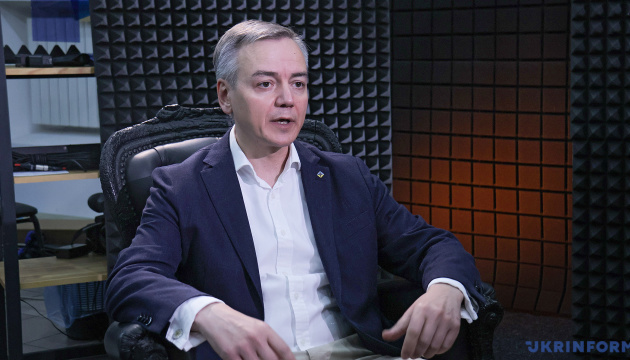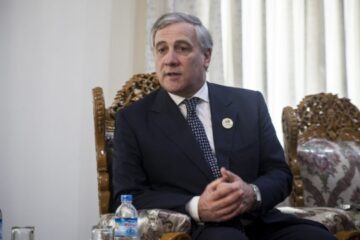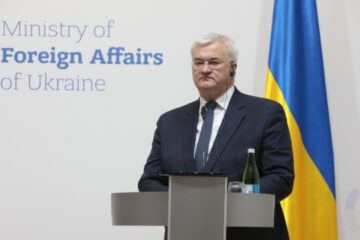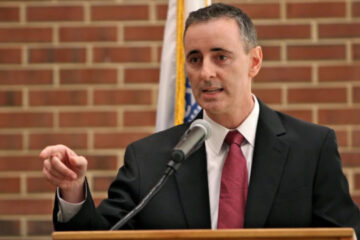
While a foreign military presence cannot serve as a full-fledged security guarantee for Ukraine, it could still play a crucial role.
Oleksandr Khara, an expert in foreign and security policy at Ukraine’s Center for Defense Strategies, said this in comments to Ukrinform.
“Undoubtedly, a foreign military contingent cannot serve as a full-fledged security guarantee, because the only real guarantees against a nuclear state with more resources are, firstly, a ‘nuclear umbrella’ to deter Russia from future aggression, and secondly, collective security — namely, Article 5 of the Washington Treaty,” Khara said.
At the same time, he pointed out that it is now evident that the United States and some other NATO members oppose Ukraine’s membership, and thus will not provide such guarantees even on a bilateral level.
“Since Donald Trump says that NATO is not an option, and there are also several other NATO member states that don’t want us there, it’s clear this isn’t a viable path. And if they don’t want us in NATO, it’s equally clear that Donald Trump isn’t going to provide us with bilateral security guarantees either. We saw that from how things are going with the rare earth metals agreement. The most they agreed to was to include in the initial text of that framework agreement a phrase saying ‘both sides will work to explore security guarantees for Ukraine’,” the expert said.
He also stressed that although “this contingent cannot be considered a true security guarantee, it can play a very important role in strengthening our security.”
“Of course, that will depend on many factors — starting with the size, the deployment locations, what they’ll be equipped with. And most importantly — what mandate they will have. For example, will they simply assist us without taking part in combat operations, or will they be intercepting Russian drones, missiles, and so on? The importance of this mission will depend on those decisions,” Khara said.
He also said that the Centre for Defense Strategies published its vision of the components of this contingent a few weeks ago on the website of the British think tank Royal United Services Institute.
“We’re proposing to make this a permanent operation of NATO member states. Clearly, NATO as an institution will not be formally involved. That’s why the Coalition of the Willing would consist of NATO member countries providing various capabilities. It’s very important that this be a permanent operation, not just a support format — because support means that parliaments have to approve something every six months or a year. But if it’s a permanent ongoing operation, that would mean access to those countries’ military resources and the use of their command structures. That would be the ideal option for us,” Khara said.
He stressed that “we are not asking our partners to fight for us on the front line, in the trenches.”
“But they can help us significantly if they close the sky to Russian missiles and drones, assist with intelligence, operational planning, cyber operations, and information-psychological operations against Russia. In other words, they can do a lot, freeing up our own resources — both personnel and, of course, equipment and weapons,” the expert said.
On April 17, Head of Ukraine’s Presidential Office Andriy Yermak, Defense Minister Rustem Umerov, and Foreign Minister Andrii Sybiha arrived in Paris. The key topic of their negotiations will be issues related to the Coalition of the Willing.
Earlier, Deputy Head of the Presidential Office Pavlo Palisa stated that 10 to 12 countries were ready to join the Coalition of the Willing in one form or another.
On March 27, a meeting of the Coalition of the Willing took place in Paris. The main topics of discussion were continued assistance for Ukraine and the structure of future security guarantees after the war ends.
Source: Foreign troops not full security guarantee, but could play key role – expert



